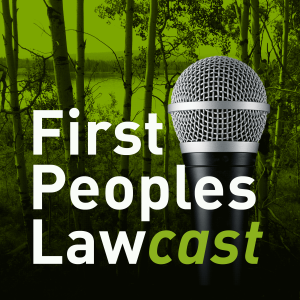Sources of Indigenous Law: the origins or foundation of Indigenous law
Scholars and individuals examining Indigenous law and legal traditions draw on a variety of resources and methods. Please refer to Friedland & Napoleon's article Gathering the Threads <https://llj.lakeheadu.ca/article/view/1408/726>
Please refer to John Borrows' "Sources and Scope of Indigenous Legal Traditions" chapter two in his work Canada's Indigenous Constitution. Borrows discusses five sources: sacred, natural, deliberative, positivistic, and customary law.
Resources of Indigenous Law: the substantive content of the law, which are linked to the sources.
Darcy Lindberg and Lindsay Borrows' presentation to Legal Process, Fall 2017 outlined these resources:
Scholarly works will cite to these resources, such as those cited by the works listed in the UVic Law Scholarship, Faculty, Graduate Students, ILRU section of this guide. One example is the Publications of the Jessup North Pacific Expedition
To find other sources using the Library catalog requires searching by Library of Congress Subject Heading, using the catalogue subject keyword search. Use the name of a First Nation, combined with subject keywords such as:
This approach will require multiple searches, as subject terminology is not precise or sensitive. Spellings of First Nations community names and geographic areas can be variant. You may wish to discuss with a knowledgeable person the appropriateness of the sources found by a library catalogue or database search.
A Note on Terminology: Many of the subject headings use outdated and offensive language such as "Indians", "folklore", etc. These terms are outdated and do not adequately describe the material. Our metadata team is working on decolonizing the subject headings to ensure they are using the appropriate language to describe the Indigenous topics and Nations.
 Saltwater People
by
David Elliott Sr. & Janet Poth
Saltwater People
by
David Elliott Sr. & Janet Poth
See the "Related Libguides" page for more detailed libguides on Indigenous languages.


